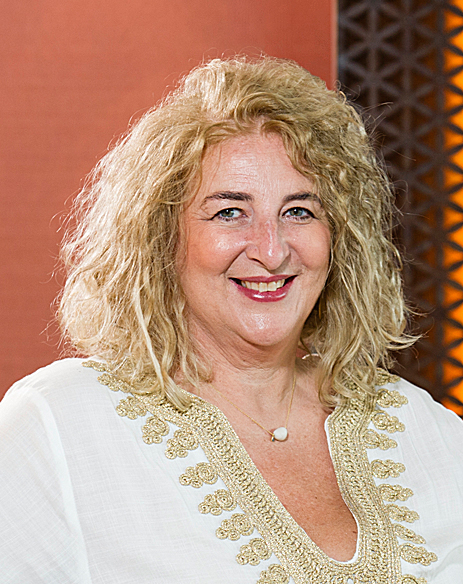
Marina Efraimoglou
We see the huge value of DNA testing. It’s something that can have a highly personalised influence on lifestyle interventions that can be used to reduce the expression of a ‘bad’ genotype.
We chose to partner with the Greek firm Eucrasia, whose experts have been studying human metabolic function for more than 20 years, producing a significant track record of over 15,000 clinical cases.
One of the tests we offer is 3GL, which costs €110 (US$124, £95). Through a simple finger prick blood test, we measure the levels of glutathione, the master protection cell for our metabolism. We also measure blood glucose levels. From this we can we determine a person’s precise antioxidant nutritional needs and identify the ideal isoglycemic diet to keep blood glucose balanced. Balanced sugar levels promote wellness, longevity and metabolic homeostasis.
Our advanced seven-night Nutrigenomics Programme, priced at €3,471 (US$3,925, £3,000), measures the influence of your lifestyle and nutritional habits in the expression of your genetic code.
"It can have a highly personalised influence on lifestyle interventions"
Using a blood panel that measures around 200 parameters, our scientific team can assess a person’s cellular respiration, gut flora, general detoxification and how they metabolise macro and micro nutrients.
We use this information to prescribed diet and exercise, but nutrigenomics is so much more than that. It also encompasses elements such as recovery, psycho-emotional balancing, detoxification and meditative therapies.
This is a life-changing approach which, at a scientific level, goes right to the core of the nucleus of the cell – ie DNA and expression, and it’s why Euphoria is fundamentally changing clients’ health for the long term.
Formerly a high-profile banker, Efraimoglou set up Euphoria Retreat in Greece last year